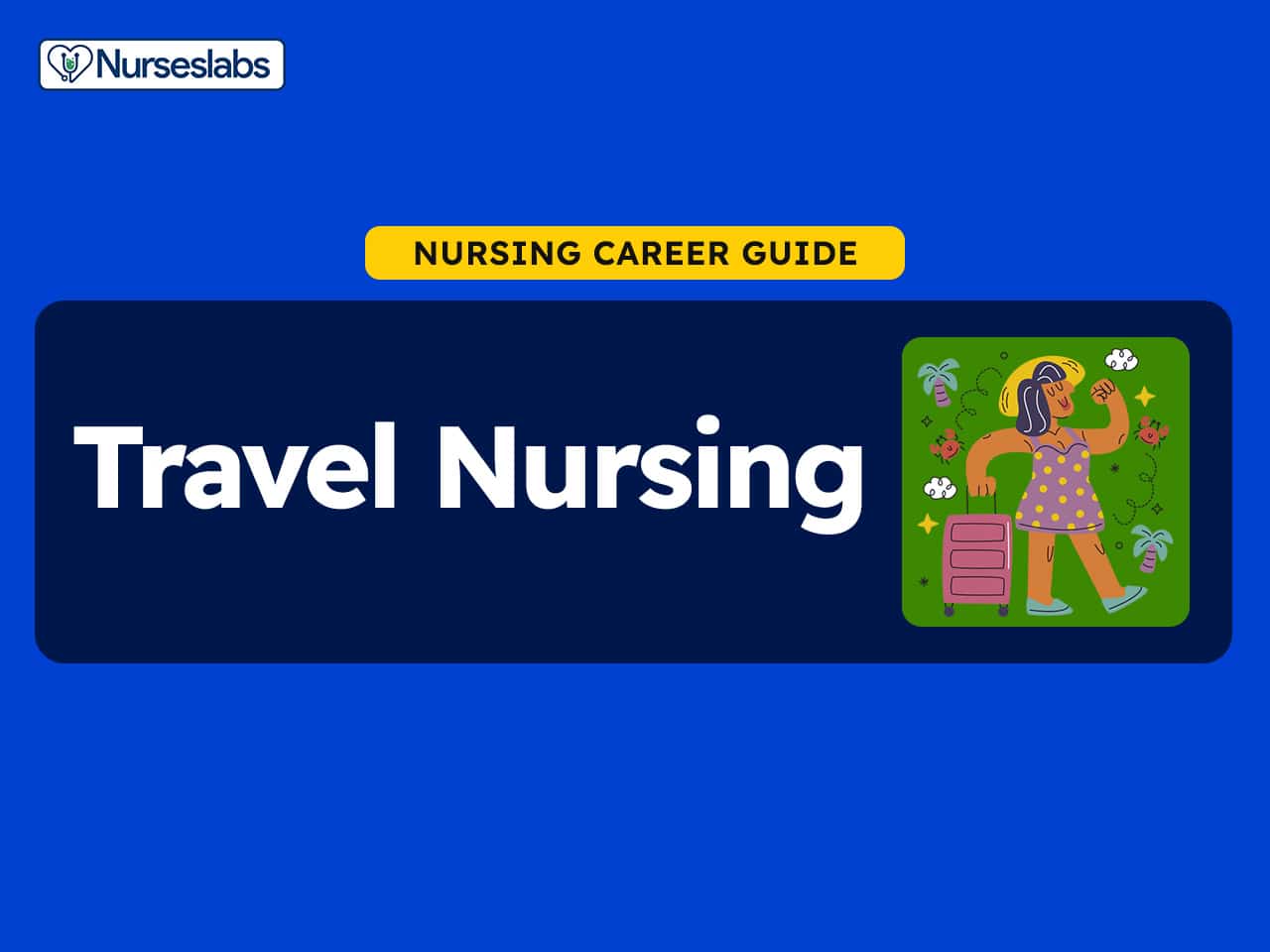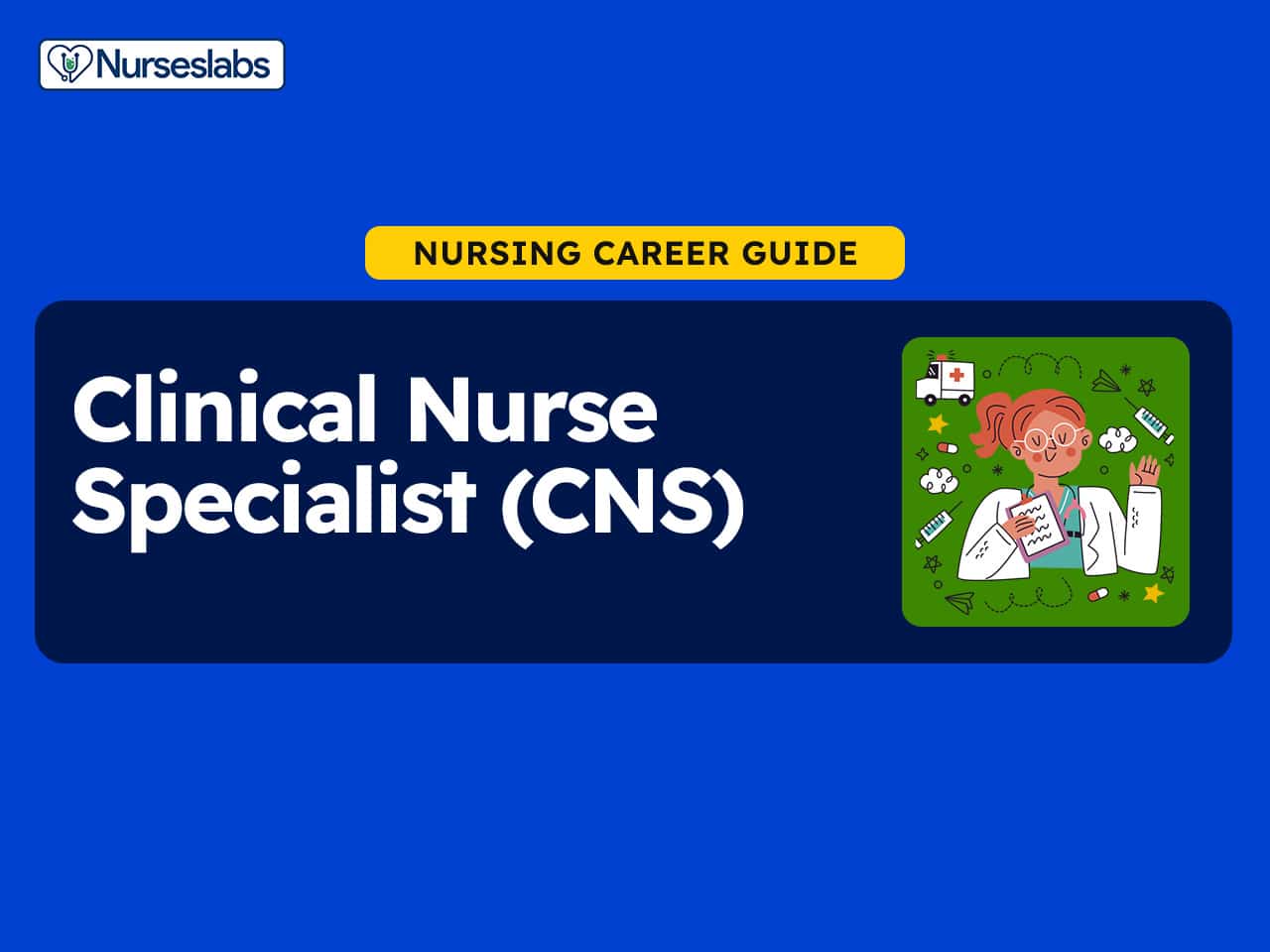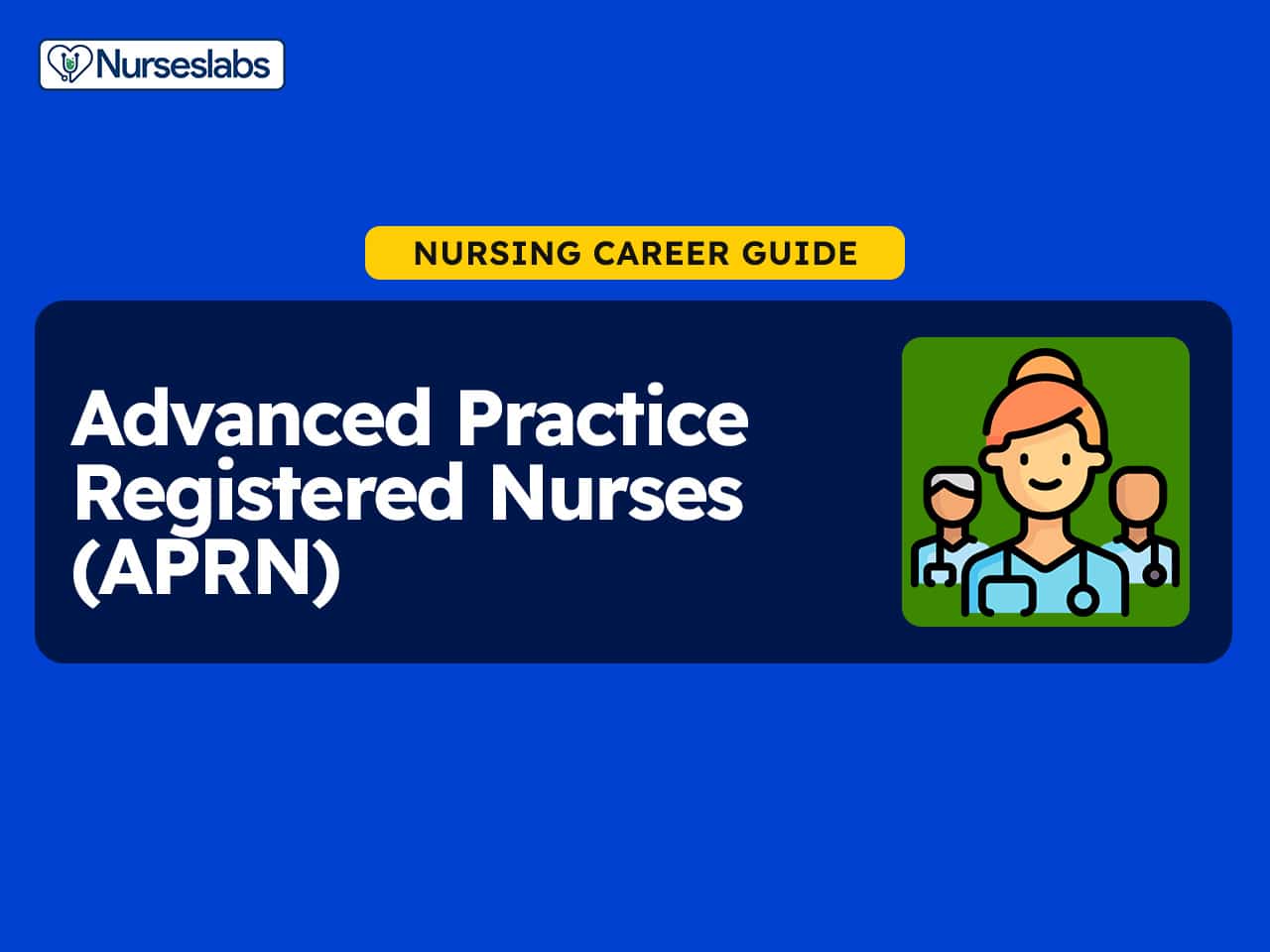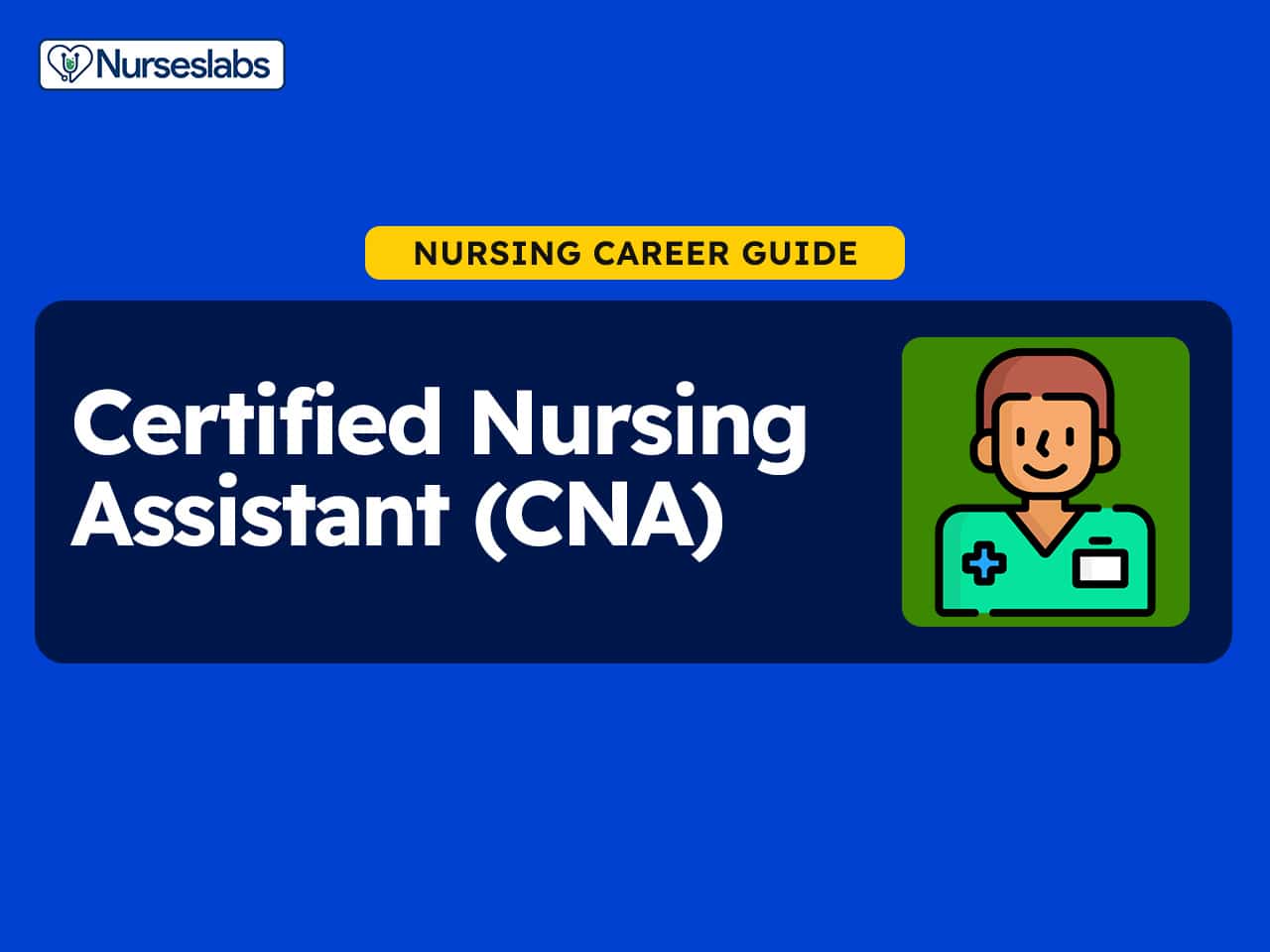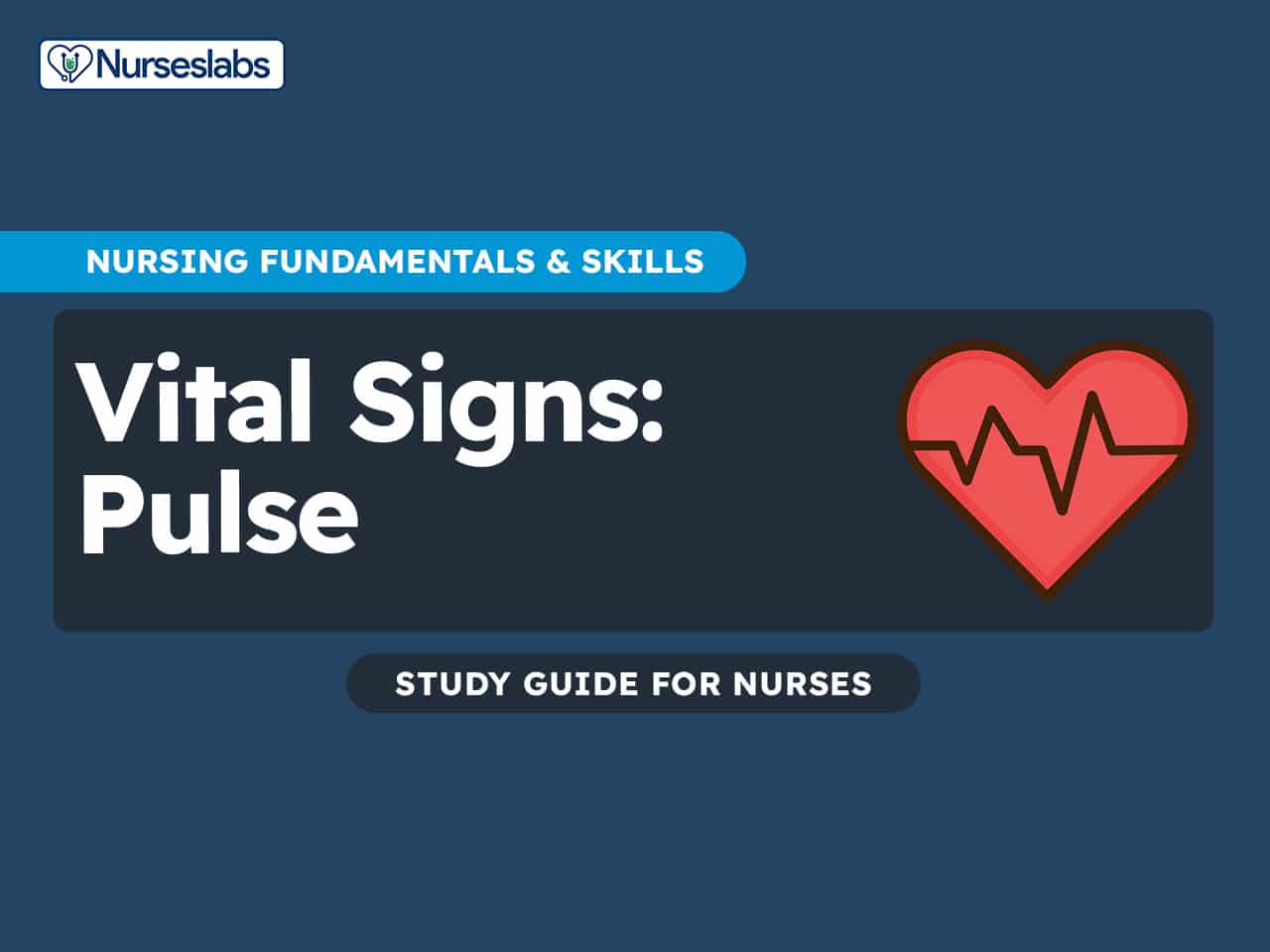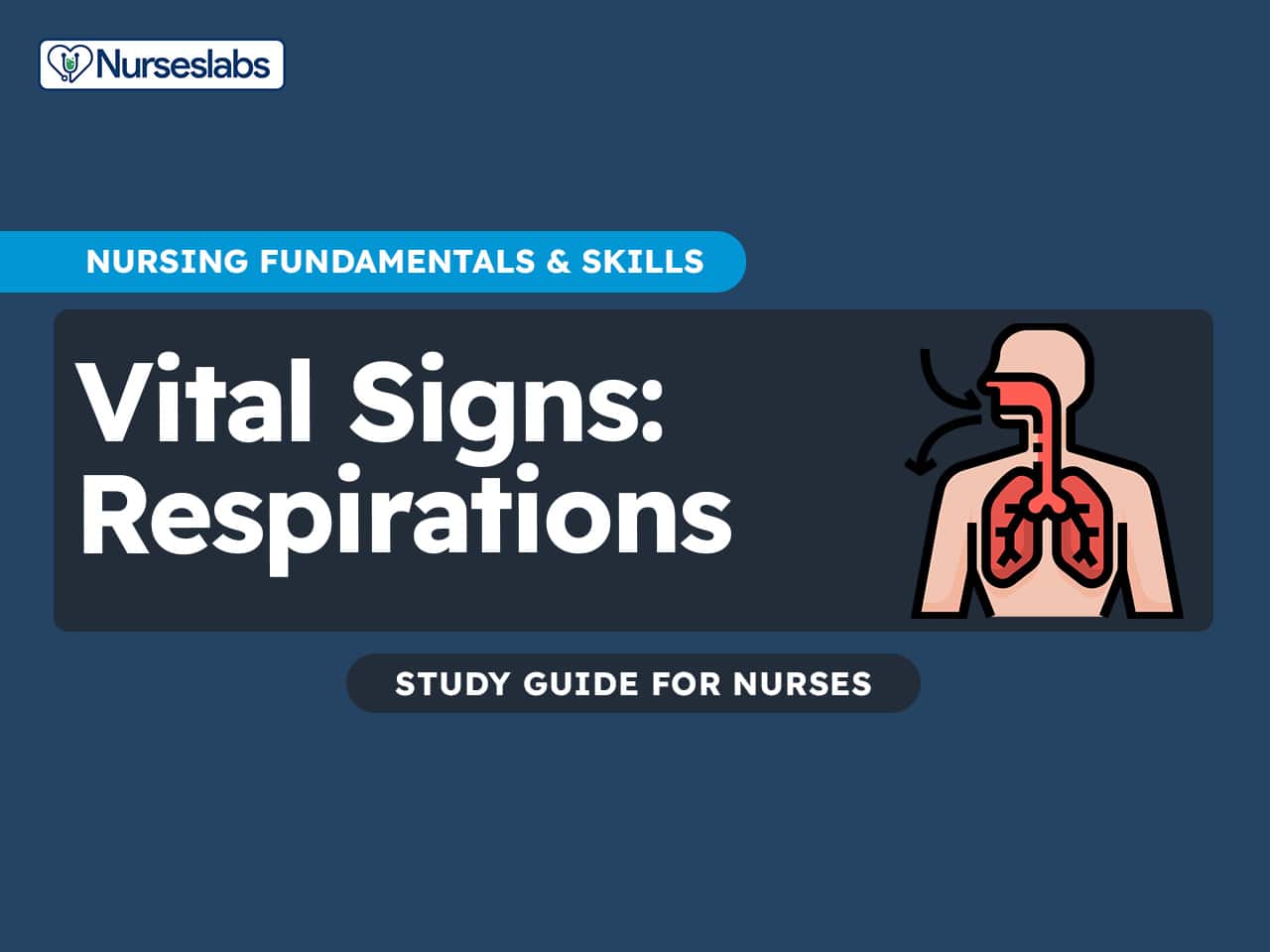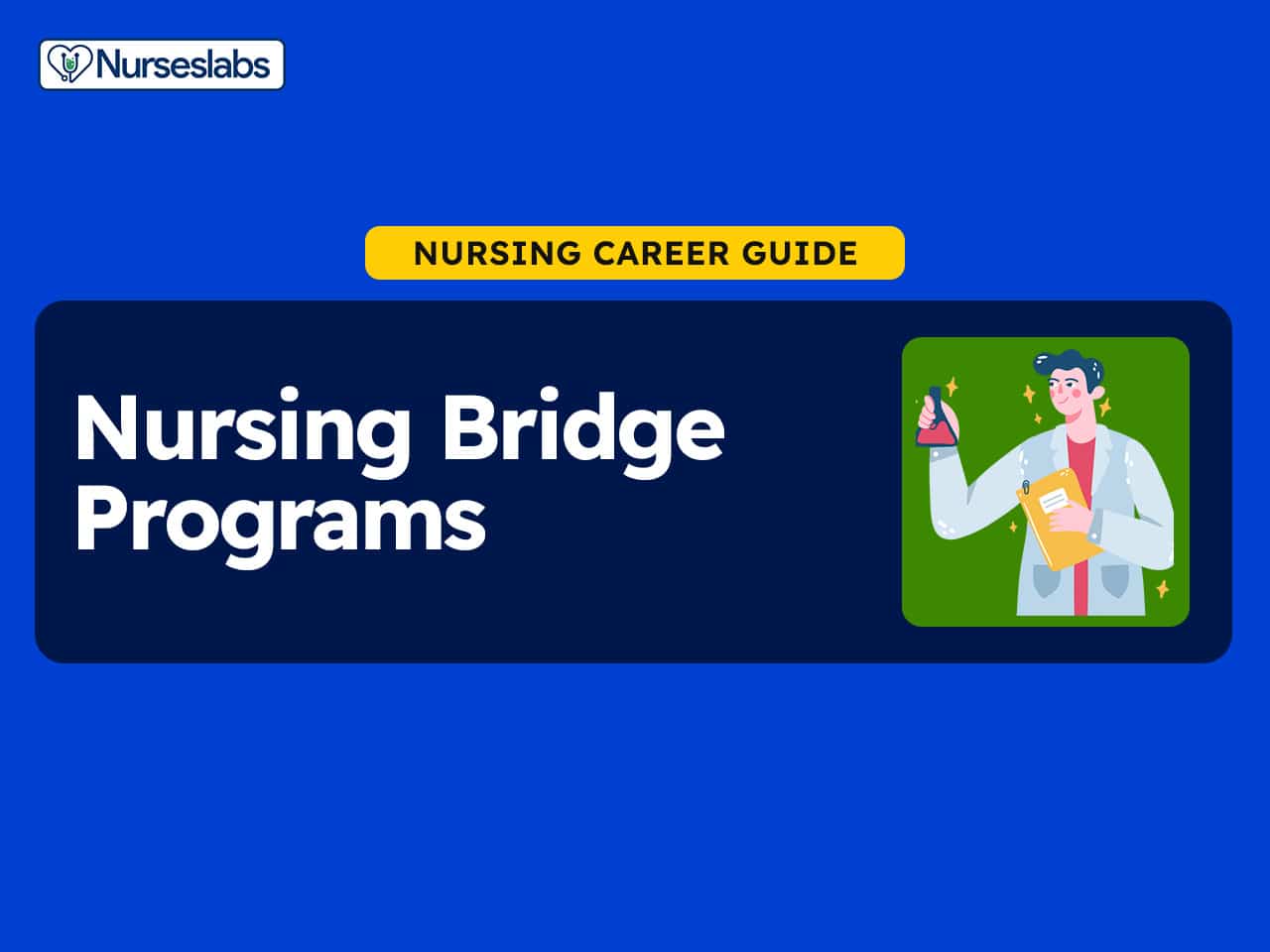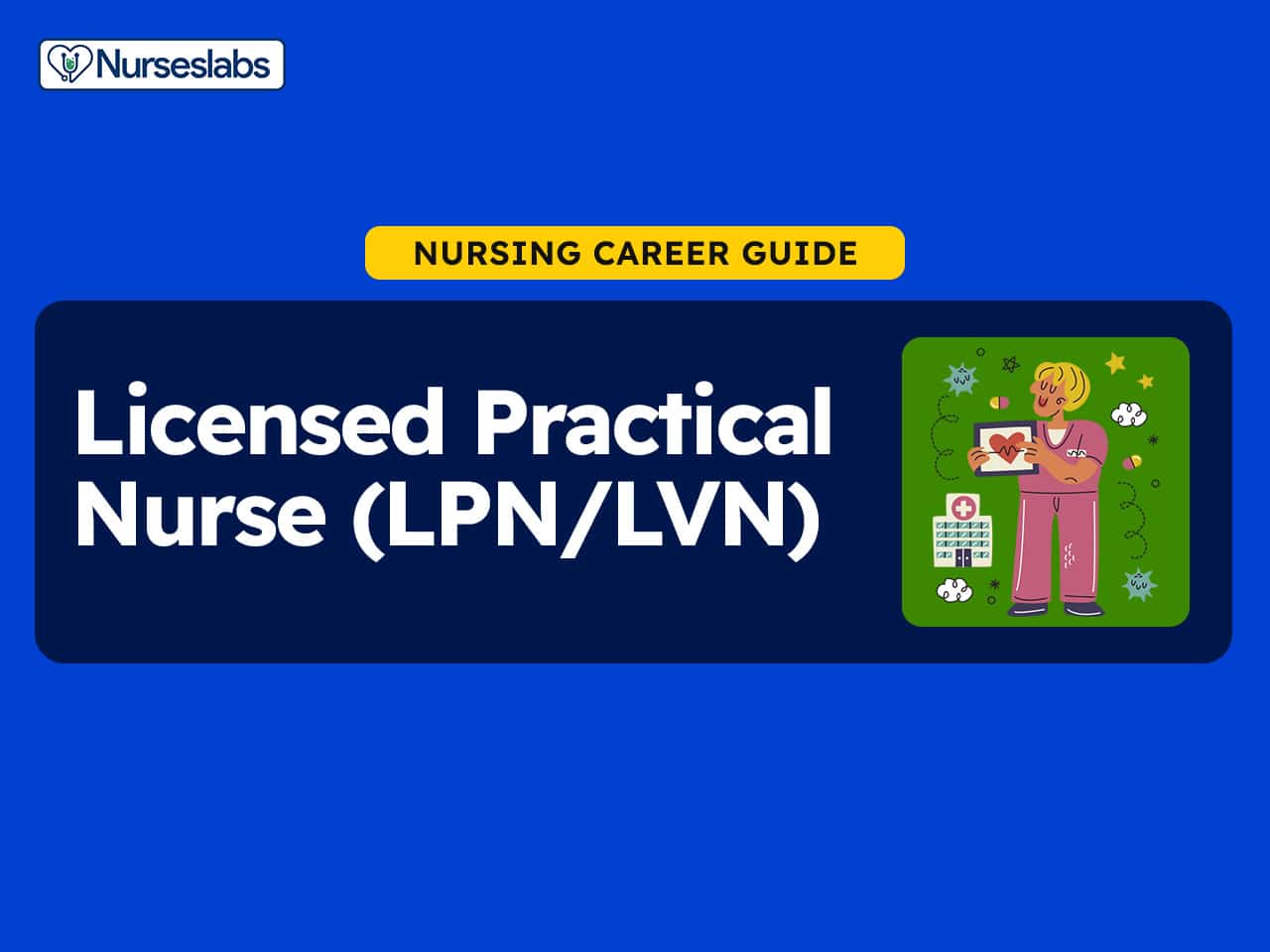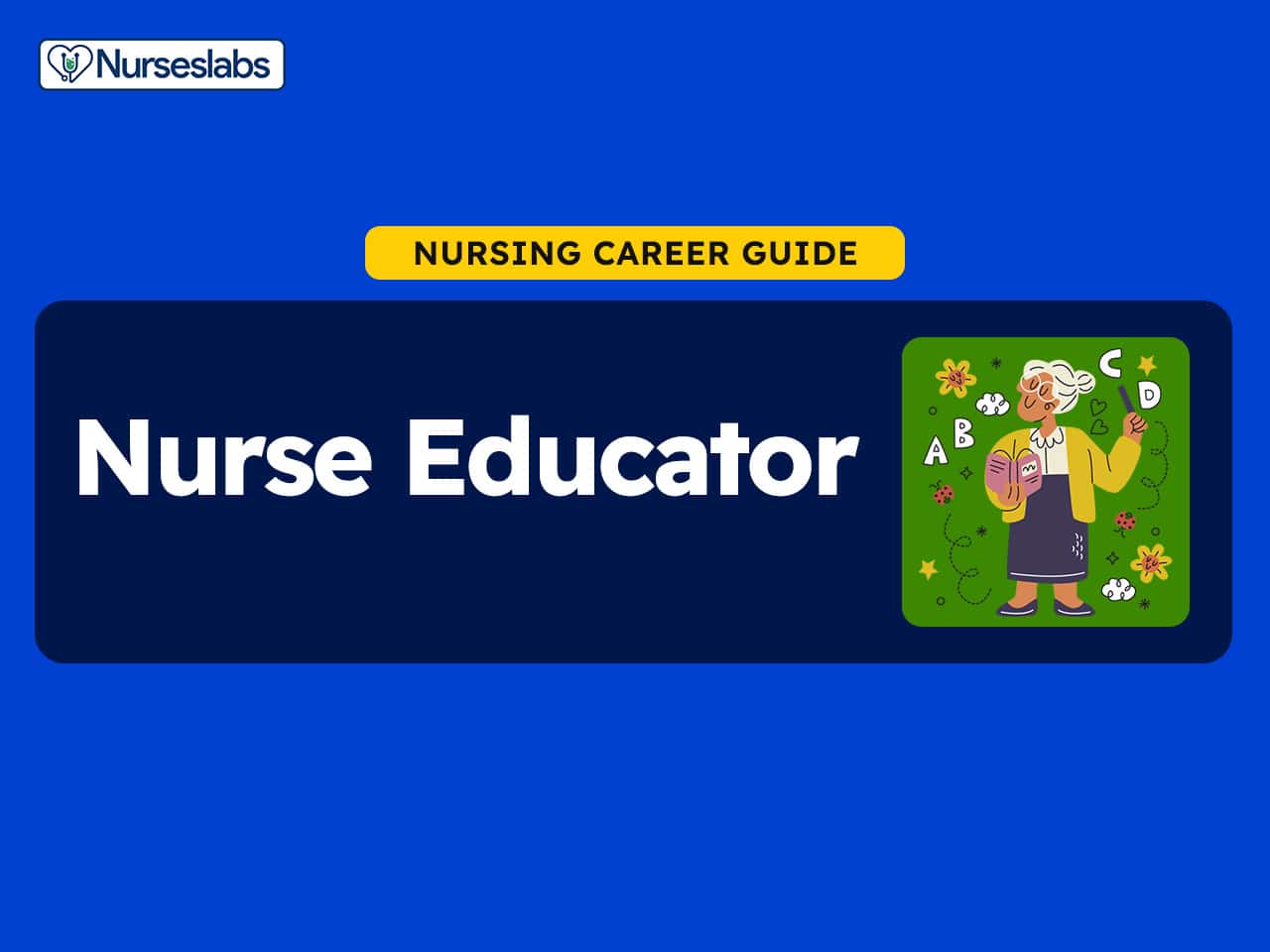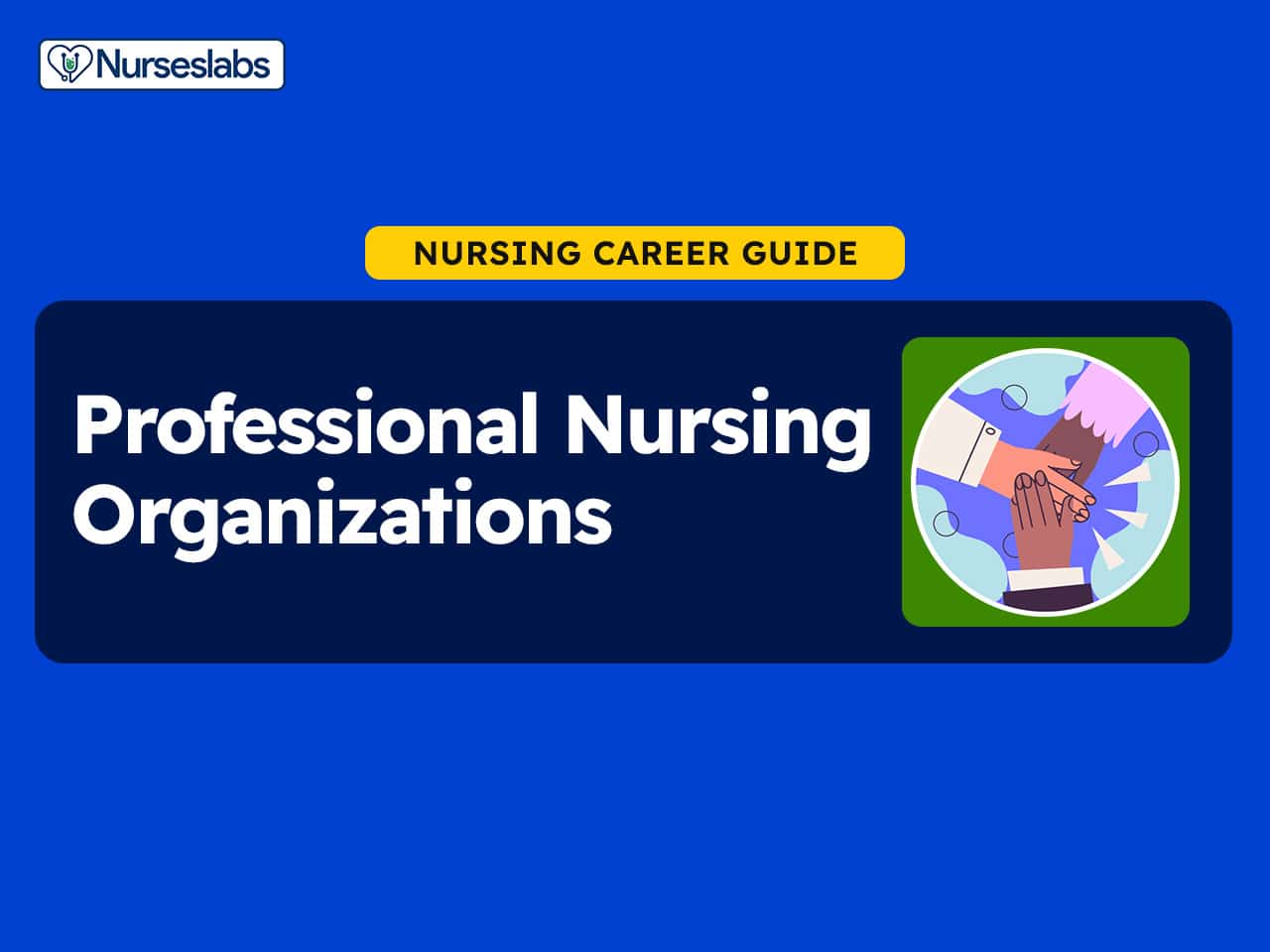Travel Nurse & Travel Nursing Career Guide
Are you an RN with a sense of adventure? A career as a Travel Nurse could be the perfect blend of nursing and exploration. Travel nurses are registered nurses who take short-term assignments across cities, states, or even countries to fill staffing gaps. They enjoy competitive pay, flexibility in scheduling, and the thrill of new … Read more
